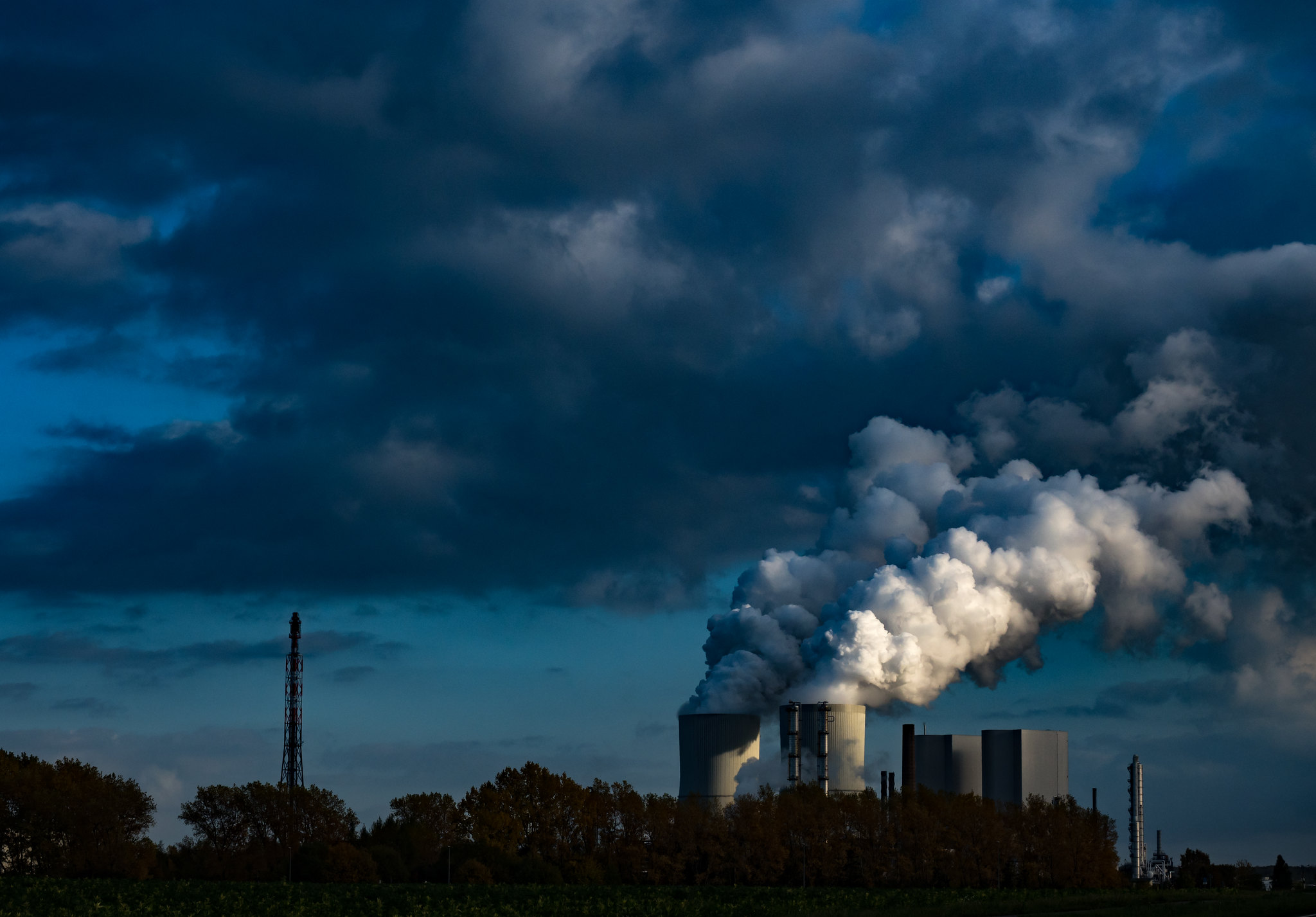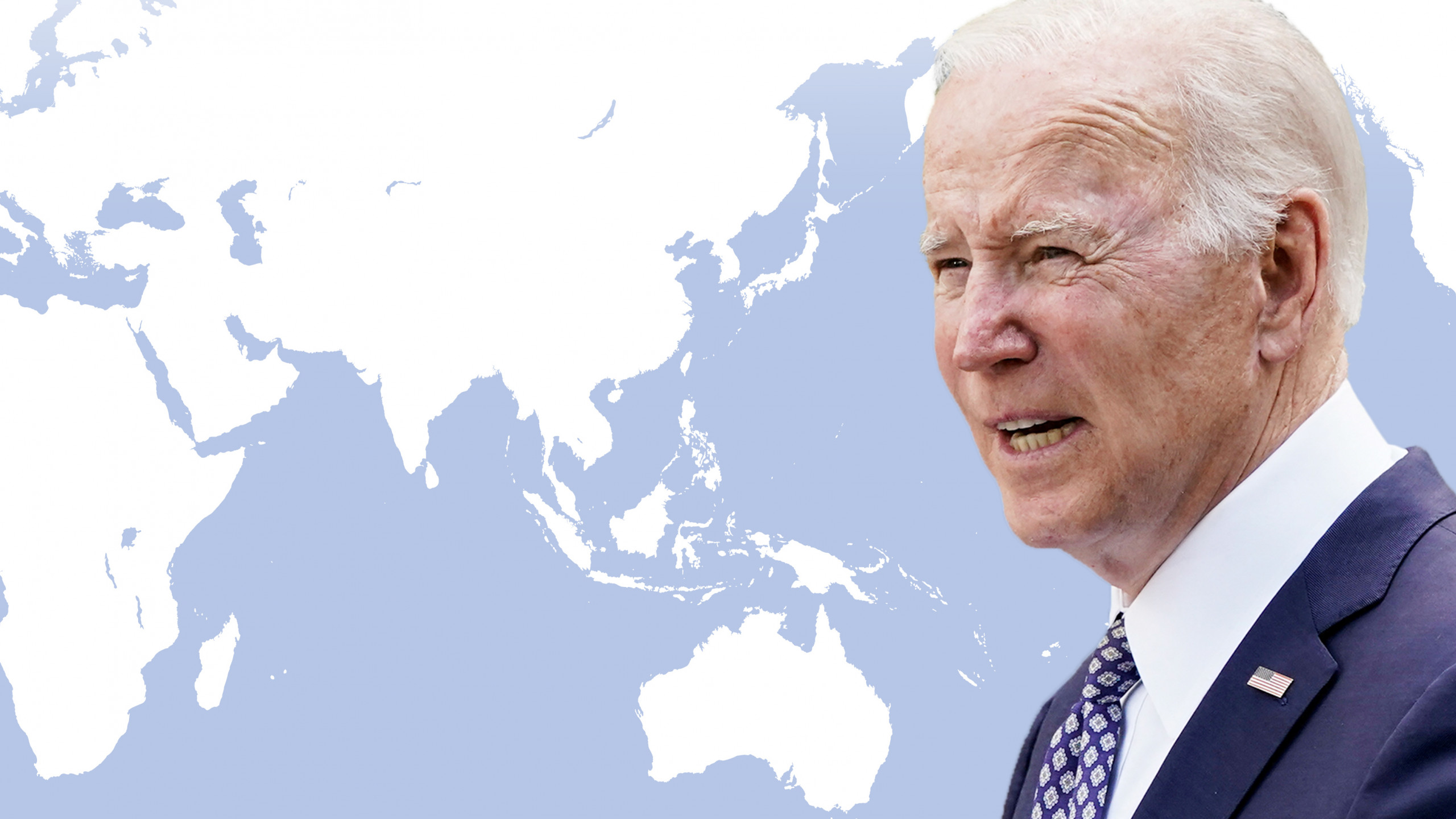ASEAN must review environmental policies to remain competitive.
Climate change could have a devastating impact on ASEAN member states. Myanmar, the Philippines, Thailand and Vietnam already find a position in the ranking of the 10 states in the world that have suffered the most due to environmental disasters in the last 20 years and the situation seems destined to get worse.
The only solution is to proceed with drastic and timely measures: the states adhering to the Paris Agreements have established that the global temperature increase must remain below 1.5 ° C. In order to achieve this goal it is necessary that renewable energy sources cover 80% of world energy needs by 2030 and 100% by 2050. The discretion of the agreement, however, does not make the objectives binding.
If, in fact, the European Union has made the reduction of carbon emissions mandatory according to the stages established by the Paris Agreements, the same cannot be said of ASEAN. Although the Association has set itself the goal of meeting 23% of energy needs through renewable sources by 2025, it sacrifices this purpose in the name of very ambitious growth policies. On this basis, the ASEAN Center for Energy (ACE) has predicted that the region's per capita CO2 emissions are set to increase by 140% between 2015 and 2040, defeating all regional efforts. The lack of targeted environmental policies is mainly reflected in the transport sector, which in recent years has been responsible for almost 30% of CO2 emissions in the region. Although incentives for the use of renewable energy have increased, subsidies to fossil fuels are still at a minimum level in many ASEAN states, especially Indonesia which turns out to be the fifth largest financier of fossil fuels in the world.
In addition, it has to be considered the increasingly rampant problem of deforestation, although improvements have recently been seen in national policies: Laos and Vietnam have set targets for forest coverage of the territory, of 70% and 45% respectively. On the other hand, Indonesia and Myanmar rank as some of the countries with the highest deforestation rate in the world.
The environmental issue is certainly not attributable only to ASEAN. Much of the responsibility belongs to Europe, North America and East Asia. But it is also true that due to its geographical location it is mainly this region that can withstand the greatest damage of climate change. It is therefore desirable that the respective governments adopt more incisive law enforcement actions.
ASEAN is expected to become the fourth largest economy in the world by 2030 and its economic weight in the global scenario will also be determined by energy and environmental policies. In order not to lose competitiveness, ASEAN is called upon to adapt to international standards.






